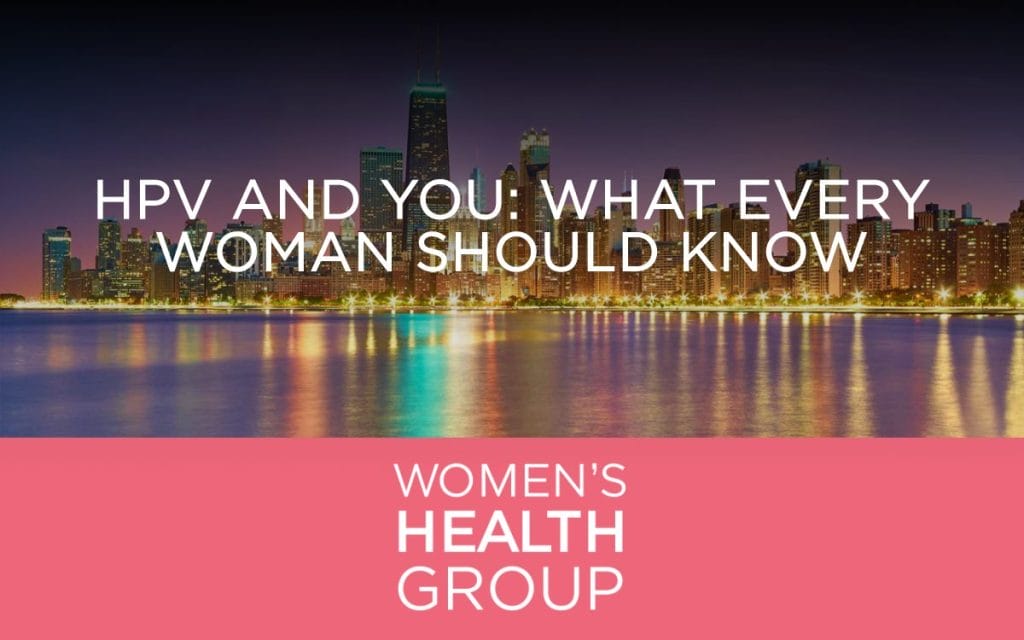Understanding HPV: A Comprehensive Outlook
Human papillomavirus, commonly known as HPV, is one of the most widespread sexually transmitted infections (STIs) impacting women of all ages globally. As healthcare providers at Women’s Health Group, Obstetrician-Gynecologist in Chicago, Illinois, our primary mission is to educate and arm you with knowledge that promotes your well-being. This article addresses the pressing question – what is HPV and how does it affect women?
What is HPV?
HPV represents a group of over 100 related viruses, a portion of which are directly linked to various forms of cancer such as cervical, vaginal, and vulvar cancer in women. High-risk types, notably HPV 16 and HPV 18, cause about 70% of all cervical cancers. Nevertheless, it’s crucial to understand that while HPV is primarily transmitted through intimate skin-to-skin contact, not everyone who has HPV will develop cancer.
HPV Symptoms and Diagnosis
The majority of HPV infections don’t manifest symptoms, making the virus extremely elusive. In fact, many women unknowingly carry HPV and can unknowingly transmit the virus. When physical symptoms do occur, they may present themselves as genital warts. For a conclusive diagnosis, women aged 30 and older can undergo an HPV test in conjunction with a Pap test. For more on HPV symptoms and diagnosis, visit Mayo Clinic.
HPV Prevention
Modern medical advancement has led to the development of vaccines designed to prevent the most dangerous forms of HPV. These vaccines, Gardasil 9, are recommended for both boys and girls, and are most effective when administered before becoming sexually active.
Key HPV prevention measures include:
– Regular HPV vaccination for both men and women.
– Regular cervical cancer screening for women aged 21 and above.
– Using latex condoms, which can lower the chances of getting HPV, though they aren’t 100% effective as HPV is spread via skin-to-skin contact.
The Impact of HPV on Women’s Health
The potential long-term impacts of HPV extend beyond physical health. A diagnosis can have emotional repercussions, such as fear and anxiety about cancer. As such, HPV awareness is critical in de-stigmatizing the virus and facilitating early detection and treatment.
HPV and Pregnancy
Typically, HPV does not adversely affect fertility or pose serious risks to the baby. However, in rare instances, a pregnant woman can pass HPV to her baby during delivery. If warts are present during childbirth, a Cesarean section might be recommended.
Treatment of HPV
Currently, there is no cure for the virus itself. However, treatments are available for the health issues that HPV can cause, including genital warts and cervical precancer. Some HPV-related cancers require more extensive treatment, such as surgery, radiation, or chemotherapy. For more information on HPV treatment options, visit the Women’s Health Government site.
The Takeaway
The underlying thread in this article? Prevention is better than cure. Through regular screening, vaccination, and safe sexual practices, it’s possible to drastically reduce the risk of HPV infection and the associated health complications such as cervical cancer.
Remember that while HPV is common, understanding the virus and knowing how to protect yourself can make all the difference. While this article offers an overview of HPV and its effect on women’s health, don’t hesitate to reach out to healthcare professionals like us – at Women’s Health Group – or browse trusted resources such as the Mayo Clinic for further insights.
Embrace HPV Awareness. Arm yourself with knowledge and stay on top of your health. Because with the right information and action, you are your strongest ally.




